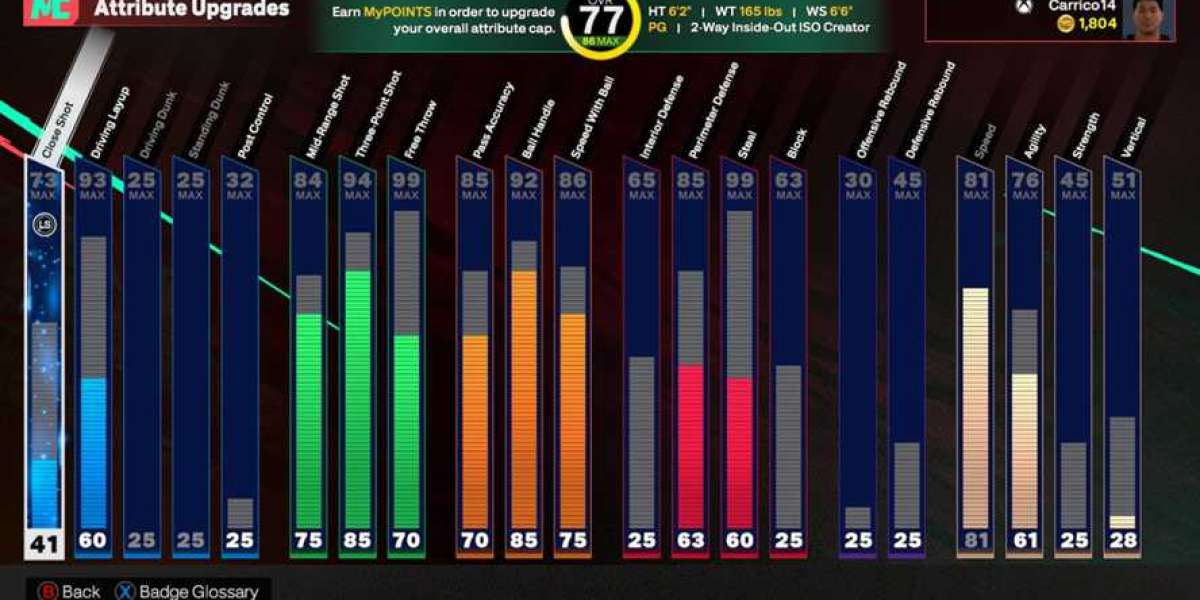Introduction:
May 1968 marks a significant turning point in modern history, particularly in France, as a wave of student protests and worker strikes engulfed the nation. This period of civil unrest and social dissent not only challenged the limits of the French government but also sparked a global movement for radical change. With demands for educational reforms, more inclusive society, and increased workers' rights, the events of May 1968 left an indelible mark on the socio-political landscape of France.
Description:
Amidst a backdrop of political dissatisfaction, economic inequality, and a deep-rooted cultural conservatism, the initial spark of the May 1968 protests occurred on May 3rd at the University of Nanterre, just outside Paris. A group of students led by Daniel Cohn-Bendit, a charismatic student activist, occupied the university's administration building to protest against the restrictive policies and antiquated academic system. Their grievances resonated with students across the country who shared a growing frustration with a government perceived as out of touch and unresponsive.
The protest quickly spread to other universities, with students organizing sit-ins, taking over lecture halls, and demanding an overhaul of the education system. Their demands ranged from greater student participation in decision-making processes to more liberal social norms. As news of the student unrest spread, tension mounted, and solidarity movements began to emerge, connecting student activism with the concerns of France's working class.
On May 10th, a group of students rallied in Paris' Latin Quarter, a historic district known for its intellectual and bohemian atmosphere. The peaceful demonstration turned into a violent clash with the police, further fueling the fire of public support for the students. The protests intensified, drawing in not only students but also workers, intellectuals, and even celebrities, who stood in solidarity against the government.
The ensuing weeks saw an escalating chain of events that brought France to the brink of a revolution. As workers in various industries joined the protests, strikes paralyzed the country, crippling public transportation, factories, and public services. The government, led by President Charles de Gaulle, was caught off guard by the scale and intensity of the demonstrations, fearing a complete breakdown of law and order.
air jordan 1 popsicleAs the streets became battlegrounds, calls for de Gaulle's resignation became widespread, amplifying the revolutionary spirit of the protesters. Fearing the impending threat of a full-scale revolution, the French government finally gave in to some of the demands. In June 1968, President de Gaulle dissolved the National Assembly and announced early elections, effectively defusing the immediate crisis.
nike off white volt shirtAlthough the events of May 1968 did not result in a complete revolution or a significant change in government, they left an enduring impact on French society. The protests unleashed a wave of social and cultural change, challenging traditional values and transforming the way French society viewed authority, politics, and individual freedoms. The spirit of May '68 reverberated across the globe, inspiring similar movements in other countries, shaping the socio-political landscape for years to come.
nike women's air huarache run black white

